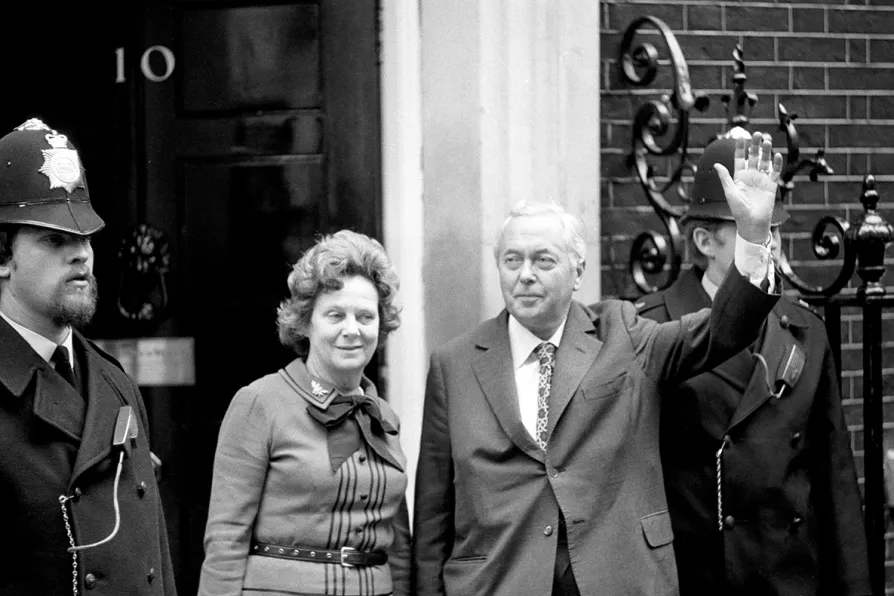Does widespread and uncontrolled use of AI change our relationship with scientific meaning? Or with each other? ask ROX MIDDLETON, LIAM SHAW and MIRIAM GAUNTLETT

 Harold Wilson arrives in Downing St, 1974
Harold Wilson arrives in Downing St, 1974
THE first few months of the Labour government under “slippery” Harold Wilson from March 1974 brought serious departures from the decision-making of the previous Edward Heath Tory government, even though the general election of February 28 had left the Wilson government in an overall minority situation against other parties.
During the winter months Heath had put centre-stage the “unreasonableness” of a pay claim by the miners, and their follow-up industrial action.
Heath’s action plan was comprised of three planks: a declaration of national emergency; a three-day week for workers in industry (in the light of a deliberately exaggerated coal shortage due to the industrial action); and a general election on the issue of “who governs Britain?” Tony Benn had recorded in his diary on January 4: “Well, it is the class war and we have got to face it.”
The election had the look of a referendum about it: what do you want? To back sensible Conservative government or to back “chaos?” Heath was surprised when the count was done — as were the opinion pollsters — to discover that a majority of voters were backing Labour and therefore “chaos.”

Barred from returning home, a group of Greek Brigaders came to Britain and founded the League for Democracy in Greece – a movement that carried the flame of anti-fascist resistance from the 1930s through the cold war and beyond. ALI BASSAM ZAHID tells the story













